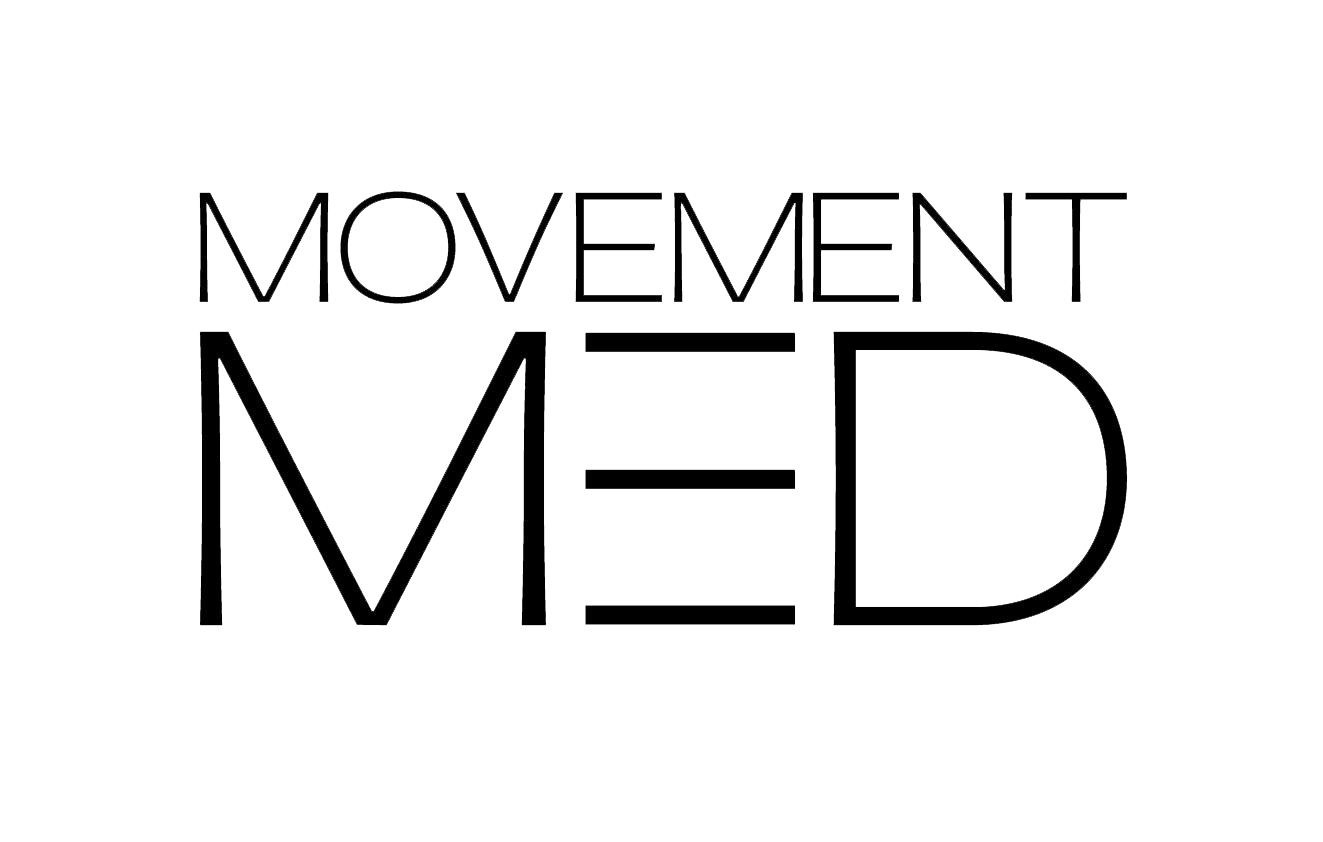Finding Rest Through Movement: How Pilates Can Help Combat Insomnia
Poor sleep has become a widespread public health issue, driven in part by our dependence on smartphones, poor diets, and erratic schedules. The consequences extend beyond simple grogginess; they include higher rates of chronic diseases, increased mental distress, and even deadly accidents on the road.
Exercising immediately before bed can further disrupt your sleep. Physical activity triggers a surge in adrenaline and increases alertness, making it harder for your body to unwind. Experts recommend finishing your workout at least a few hours before bedtime to ensure a restful night's sleep.
However, this advice may feel limiting for those whose schedules only allow for nighttime exercise. Fortunately, certain types of exercise, like Pilates, can actually enhance sleep and promote relaxation. A study by the National Institutes of Health (NIH) found that Pilates significantly improved sleep quality, helping individuals rest more soundly throughout the night.
Calming the mind
Individuals struggling with insomnia or poor sleep often mention difficulty "turning off" their minds. The dynamic and detailed nature of Pilates exercises fosters ongoing awareness of your body and its position in space. This focus demands both physical and mental presence, which helps disrupt the cycle of intrusive thoughts and promotes a more calm, mindful state.
The parasympathetic approach
Pilates is often considered a parasympathetic practice because of its focus on controlled movements, deep breathing, and mindful concentration. These components engage the parasympathetic nervous system, which regulates the body's "rest and digest" functions, fostering relaxation and stress relief. In contrast, more intense exercises like HIIT and heavy weightlifting stimulate the sympathetic nervous system, responsible for the body's "fight or flight" response.
Physical benefits are equally abundant
Additionally, Pilates enhances your posture and alignment by strengthening muscles and increasing flexibility, which can help you sleep more comfortably and maintain your preferred sleeping position. It has also been shown to improve circulation and oxygenation through its precise movements. Pilates is also highly beneficial for supporting sleep during and after pregnancy. Both prenatal and postpartum Pilates can
alleviate back pain, address abdominal separation, and improve pelvic floor strength, making it easier to rest.
Practical applications
You don’t need to attend a Pilates class every night to reap these benefits. Incorporating basic Pilates stretches, such as cat/cow, roll-down, side bend, chest expansion and child’s pose into your bedtime routine can be an effective way to relax and unwind before sleep. So, if you're struggling with sleepless nights, consider adding a few mindful Pilates moves to your evening routine — your body and mind will thank you.
Anita Washburn
